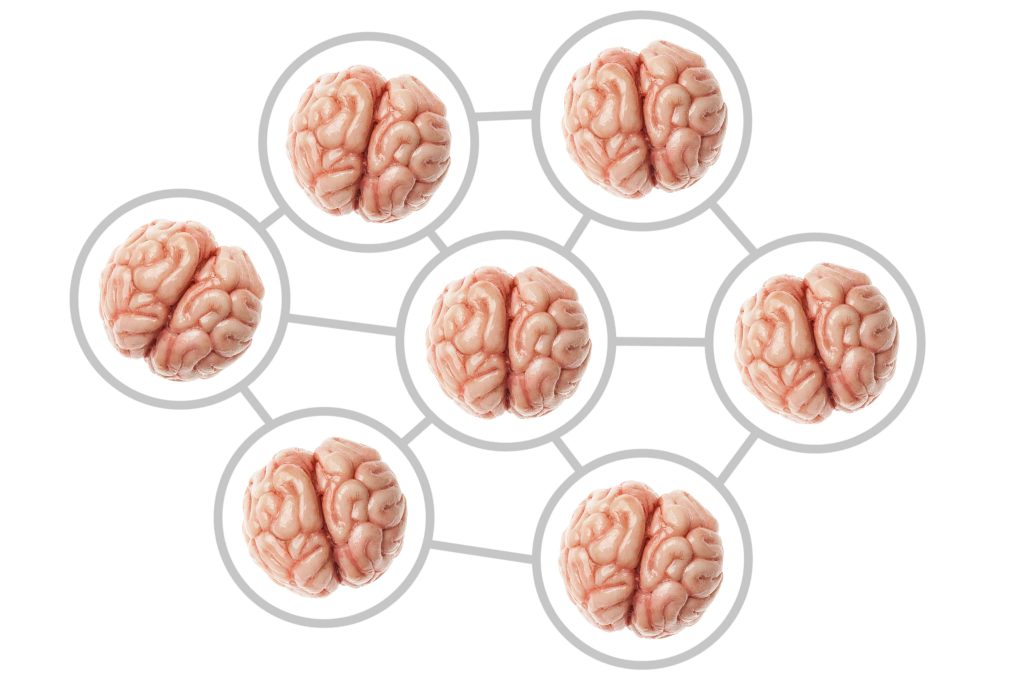
123 Million People Witnessed the Ultimate Super Bowl Showdown (and Taylor Swift’s Epic Performance)
It was a historic moment on Sunday as the Kansas City Chiefs claimed yet another Super Bowl victory, with a whopping 123 million viewers tuning in to watch the epic showdown. And let’s not forget about Taylor Swift’s electrifying performance that had everyone talking. But beyond the glitz and glamour of the event, there’s something deeper at play here.
According to recent research, watching the same thing can actually bring people together. It’s known as the “theory of the collective mind,” and it’s all about our ability as humans to take on a collective perspective. Garriy Shteynberg, a psychology professor at the University of Tennessee-Knoxville, delved into this theory in a study published last year and further explored it in a recent piece.
The Power of the Collective Mind
Traditionally, research on theory of mind has focused on understanding an individual’s mental state. But Shteynberg’s theory of collective mind takes it a step further, looking at how a group of people can share a unified mental state through shared experiences. This goes beyond just understanding another person’s perspective, but rather creating a sense of unity among a group.
In their study, Shteynberg and his colleagues explain, “Research suggests that representations of a collective mind cause psychological amplification of co-attended stimuli, create relational bonds, and increase cooperation, among co-attendees.” In other words, experiencing something together can strengthen relationships and promote cooperation among a group.
The Relevance of Collective Mind in Today’s Society
In a time where trust in institutions is declining and political polarization is on the rise, Shteynberg’s research holds even more significance. As he notes, only a quarter of Americans have trust in their nation’s institutions, and animosity towards the opposing political party is at an all-time high.
But amidst all this division, Shteynberg poses an important question: “When public trust and political consensus disappear, what remains?” And his answer lies in the power of shared experiences. Even when we can’t agree on anything else, we can still come together and share in a collective experience.
From sports games to entertainment events, these shared experiences can create a sense of “we” among a group of people. And as Shteynberg concludes, “Even in the absence of public trust and agreement, people can share experiences. Whether watching a spelling bee or a football game, ‘we’ still exist if ‘we’ can witness it together.” So let’s embrace the power of the collective mind and find unity in our shared experiences.







